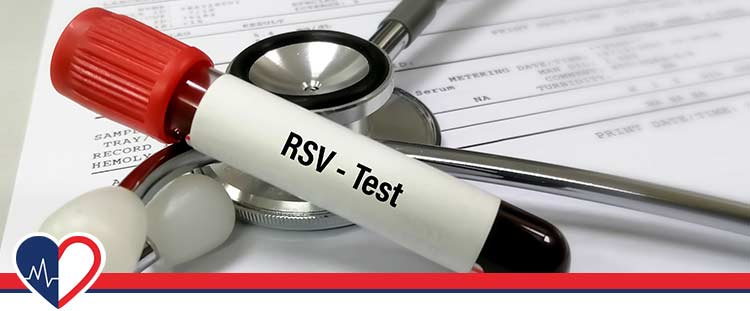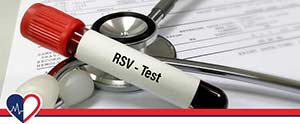Home » Niagara Falls NY RSV Testing Clinic
You cannot copy content of this website, your IP is being recorded
RSV Testing Clinic in Niagara Falls, NY
RSV testing is important as it can be a serious issue for children and individuals with weaker immune systems. RSV testing aids in the diagnosis of the infection in people experiencing moderate to severe symptoms and a lower respiratory tract infection. Walk-ins are welcome! For more information, please contact us or book an appointment online. We are conveniently located at 3117 Military Road Suite 2, Niagara Falls, NY 14304.
ADDITIONAL SERVICES YOU MAY NEED









